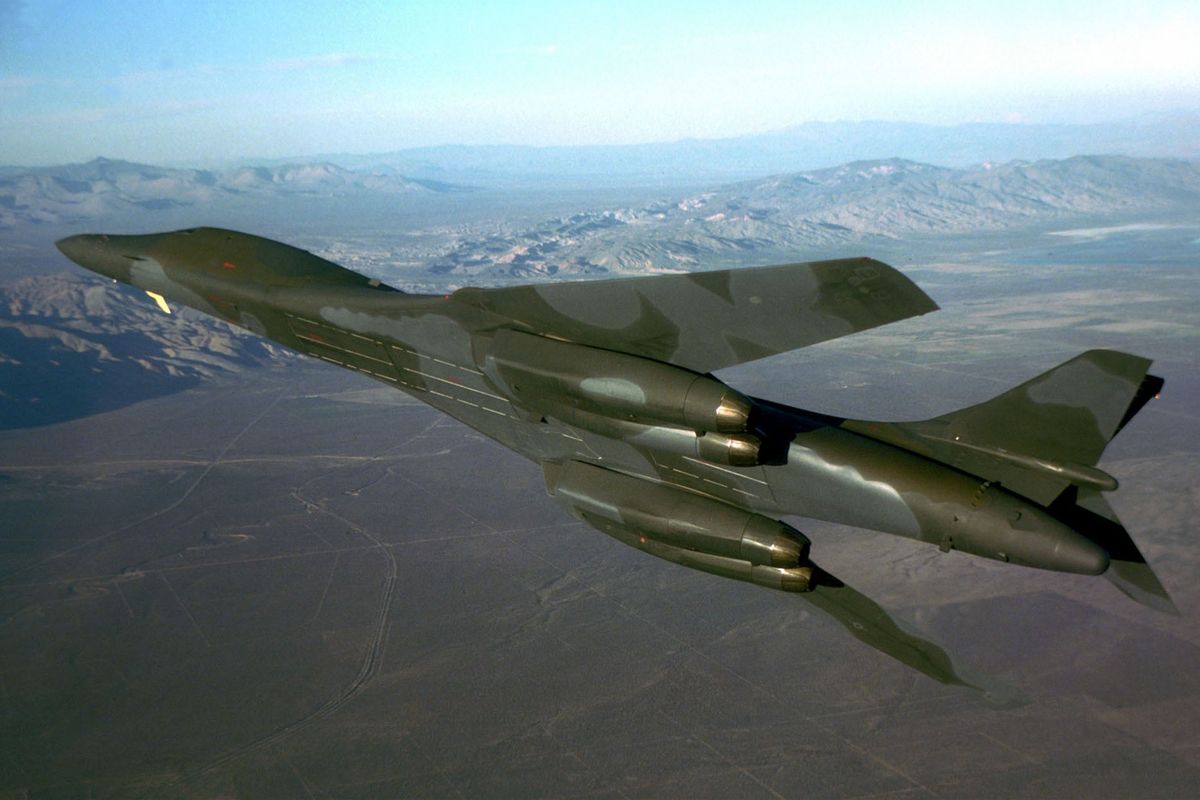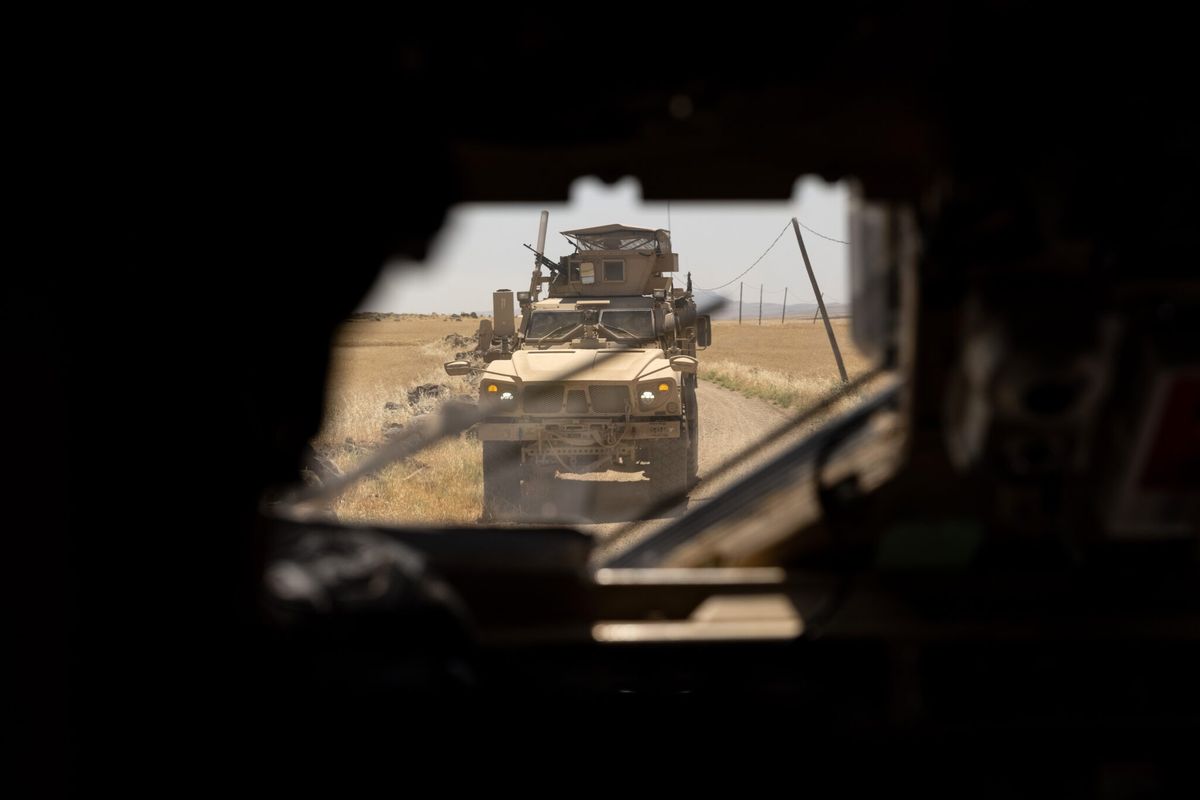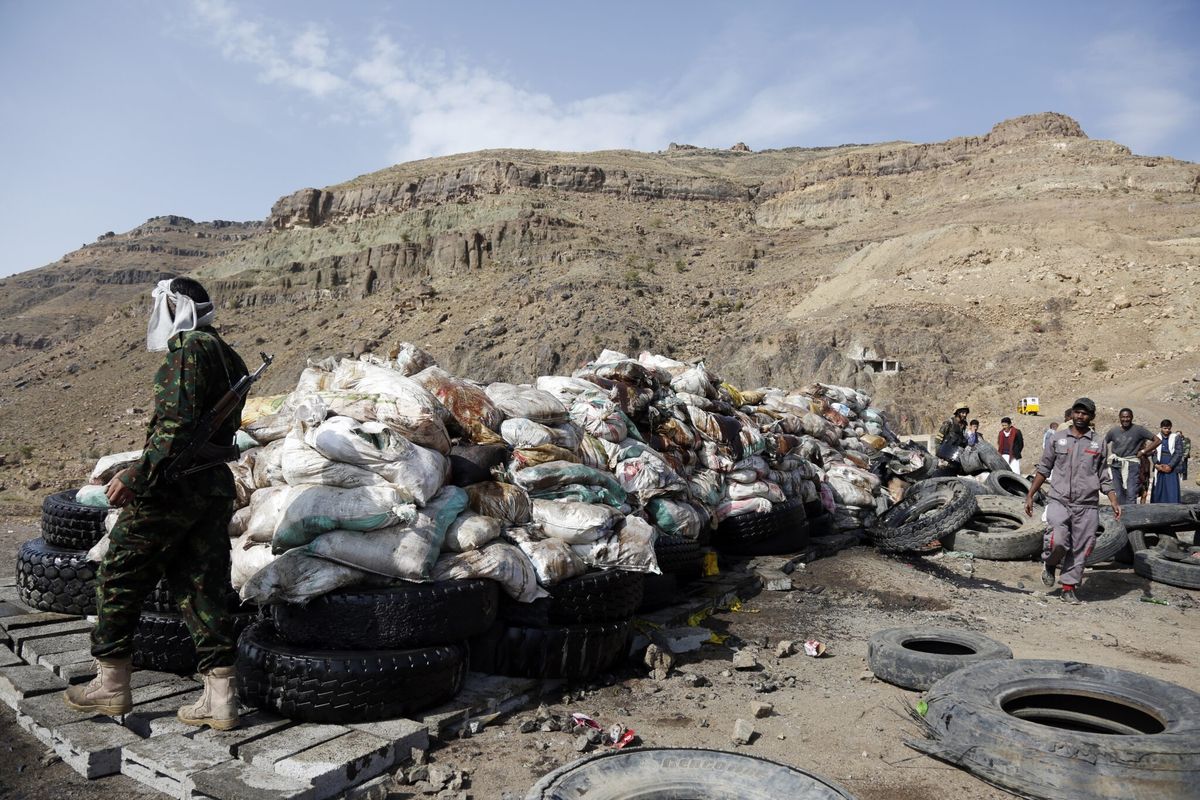They’re the unsung heroes in Syria who until this summer were relatively unknown to those outside the country’s brutal war.
Known as the White Helmets because of their trademark headgear, they grew out of a network of ordinary Syrian volunteers who felt compelled to save their fellow men and women beneath a daily barrage of bombs and shelling.
They came to the international forefront in August, when the world was stunned by images of a White Helmet pulling five-year-old Omran Daqneesh from the rubble in Aleppo.
The Syrian group are now the subject of two documentary films that give a firsthand look into their everyday lives. They’re also the focus of a petition signed by a host of celebrities, like George Clooney and Ben Affleck, in support of the group’s nomination for the Nobel Peace Prize.
In a country torn into factions, the White Helmets came together to form the Syria Civil Defence in 2013. There are now nearly 3000 White Helmets working from 120 centers across Syria. They say they’ve saved more than 60,000 lives to date.
Last month, Netflix released a documentary that reflects the lives and tribulations of one group of White Helmets from a training site in neighboring Turkey.
They are also the focus of a short film on Al Jazeera English’s website by Danish journalist and filmmaker Nagieb Khaja, who won an award at the 2013 One World International Human Rights Festival for a documentary on ordinary Afghans in their war-torn land.
Since the start of the war, Khaja’s been to Syria eight times, including three to Aleppo. Last December, he spent 12 days filming a group of White Helmets in Aleppo. The Cipher Brief’s Leone Lakhani spoke to him about his experience.
The Cipher Brief: Why did you decide to make this film?
Nagieb Khaja: I came across them (the White Helmets) for the first time in Aleppo in 2014. I was actually doing another doc about makeshift hospitals in the city. I went to a place that was bombed, and I saw some of them.
I was in Syria again six months later and I noticed them again. I just started admiring them because I have experienced the bombings, the aerial bombings in Syria. And to experience those scenarios have been some of the scariest, most horrifying moments in my life. I just thought these guys must be the bravest guys in the world.
Khaja’s film depicts the intense pressure and bravery under which the White Helmets operate, documenting a potential “double-tap” attack, an incident where jets drop one bomb and then a second bomb in the same area as people gather to rescue victims.
But Khaja says he wanted to show their seemingly ordinary lives too – making breakfast together, complaining about the Wi-Fi, worrying about their day-to-day costs. The White Helmets get a monthly allowance from international donor funds that’s “hardly enough to live off” says Khaja. “It’s money to cover expenses and buy basic stuff to survive.”
“A lot of people weren’t aware of these guys,” he says. “They weren’t aware of what kind of job they had. What kind of personalities they were.”
Personalities like 31-year-old Shahoud who says he could’ve taken up arms with the Free Syrian Army, but chose humanitarian work instead. “My weapons are my helmet, shovel, and medical equipment,” he says. “With this work at least you’re rescuing a soul, not killing one.”
TCB: Sadly, I saw that one of the White Helmets in your film was killed after your documentary was released. Have you been in touch with the group since you saw them?
NK: Yes, I have. I’ve been in touch with them, they watched my film and they were happy that I was trying to creating some attention around what’s happening in Aleppo. They are very keen to let people know what’s happening.
TCB: We’ve seen the bombardment increase over the past few months. You’re still in touch with them. What are their thoughts? How do they feel about what’s going on?
NK: I’ve been told that the bombings have escalated. The situation has gotten worse. You have much more killing. You have an extreme escalation of bombings.
People in Aleppo say it’s a good day if you have 10 bombs. You had like 100 bombs, according to people on the ground, in a three-hour zone. So the situation is crazy right now. I can’t even imagine how it is to be there, because I was terrified if we had a day with 25 bombs.
TCB: You’ve been to other war-torn areas. What strikes you about the situation in Syria and Aleppo?
NK: I’ve been many times in Afghanistan covering the war there. I was also in Gaza during the Israeli invasion. What strikes me about Aleppo is that it is total, utter destruction. It’s totally apocalyptical—every street is bombed out.
Western Aleppo is government-held and eastern Aleppo is rebel-held. In eastern Aleppo, what impresses me is that you have idealistic people who are willing to stay in the city and try to make the city work, and try to be at service for each other inspite of the situation. It’s really impressive.
TCB: Because this is their home and they don’t want to leave their homes?
NK: Yes, it’s their home, and when I ask them why they’re staying, they say they don’t want (Syrian President Bashar) Assad to determine their destiny. They say he has no right to push them out of their homes, the place that they grew up. I admire them for this resilience, and they’re paying a huge price, a bloody price sometimes. Of course you have a lot of people who left Aleppo, and I understand and respect their decision. I can imagine I would also leave. But you have this core group of people who have stayed behind.
TCB: There are so many factions in Syria. Is it clear who is fighting who on the ground?
NK: Yes. ISIS are in rural Aleppo and Raqqa. So you have some geographical areas where they stay. And it’s not like you have some grey zones. Of course if you live close to ISIS country, areas are being attacked with mortars with other kinds of weapons by ISIS.
ISIS can’t hurt the civilians as much as the government and the Russians, because they don’t have aircrafts. The risks are bigger. The threat is bigger from the air than it’s from ground forces. So people can cope with IS because they know where IS is and weaponry isn’t that strong.
TCB: What about other groups, formerly Al Nusra for instance?
NK: In some areas, they’ve been kind of hardline–ish with very harsh laws. But in other areas, they don’t interfere in what people are doing. They are like a fighting force. They go to the battle field and they fight the regime. So it depends which area you’re talking about. For example, in Aleppo, I hardly noticed Nusra. They had a couple of checkpoints. As long as I wouldn’t film them, I wouldn’t get in trouble.
Of course you have some rebel groups who are corrupt and treat people bad. You also have some groups that are good. You have some sort of control in the rebel areas. You don’t have a police, but you have a rebel council where you can complain if someone abuses. So there is some kind of jurisdiction and law in these areas. But still it is a bit anarchistic, because it’s a war. There’s a war happening, and criminal groups always take advantage of this.
TCB: The question for everyone now is what happens next in Syria? How will it all end? Do the White Helmets you met have thoughts on what they think needs to happen?
NK: They think the big powers in the world have to create a no-fly zone [in the rebel-held areas]. That’s their hope. The government and the Russians are prevented from bombing them from the air. If this happens for them, it would be a miracle. They think it will create a situation where the war will be more equal. They think the possibility of a negotiated peace will be more possible, or the rebels will be strong enough to defeat the government. They think the government has too much of an upper hand right now.
The work of the White Helmets has recently been made even more difficult. This month, a U.S.-Russian negotiated ceasefire was left in tatters with regime-led strikes in Aleppo intensifying. The White Helmets say three of their four centers in Aleppo were hit. Two are no longer operational and much of their needed equipment has been destroyed. However, the rescuers from those centers are safe.
Leone Lakhani is an executive producer and reporter at The Cipher Brief.













